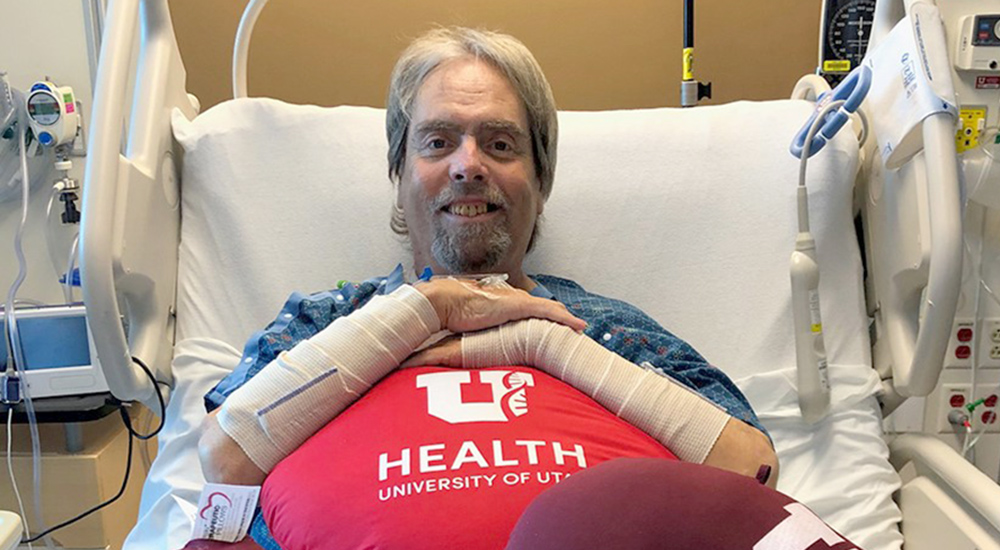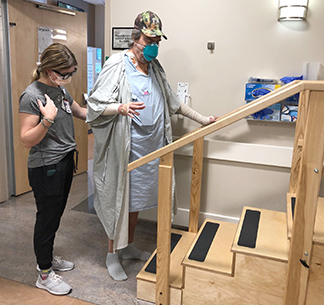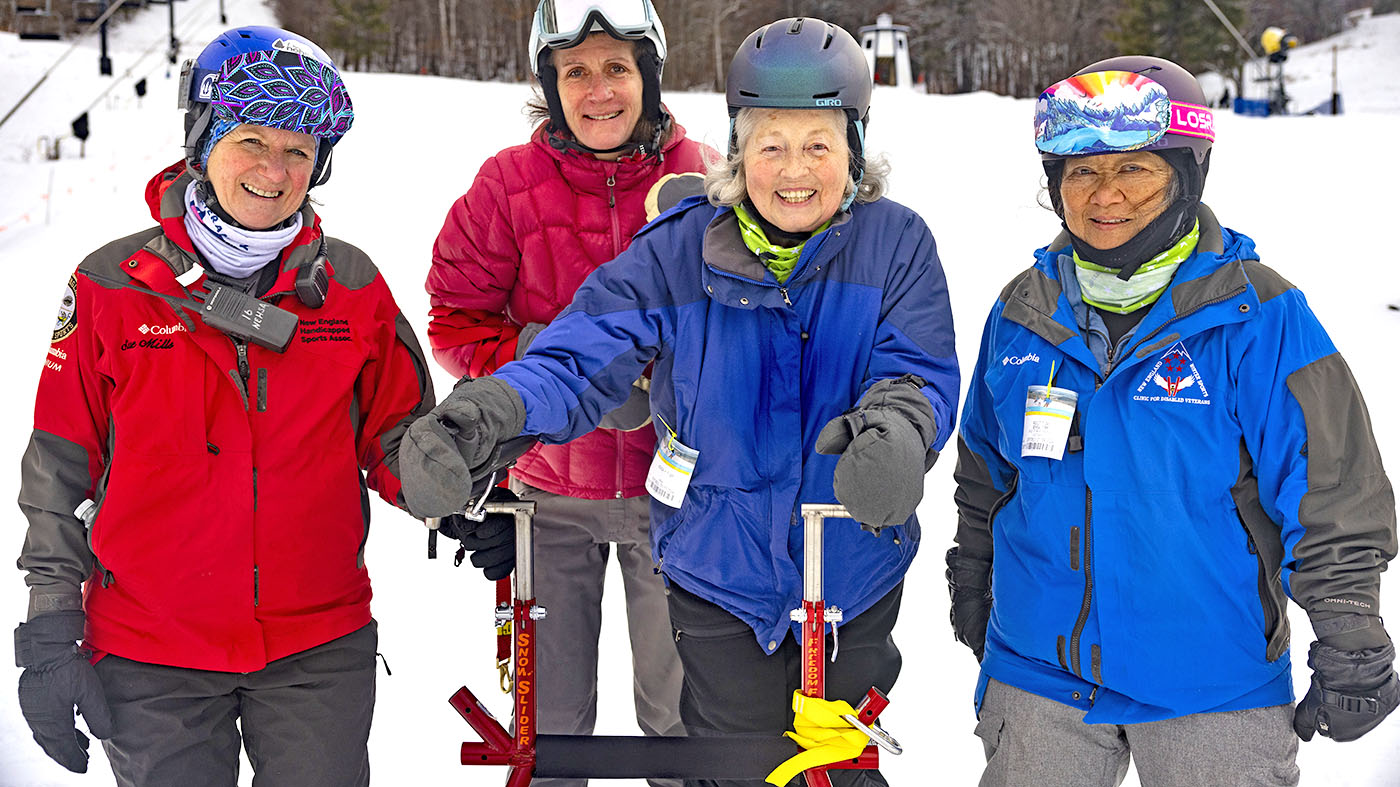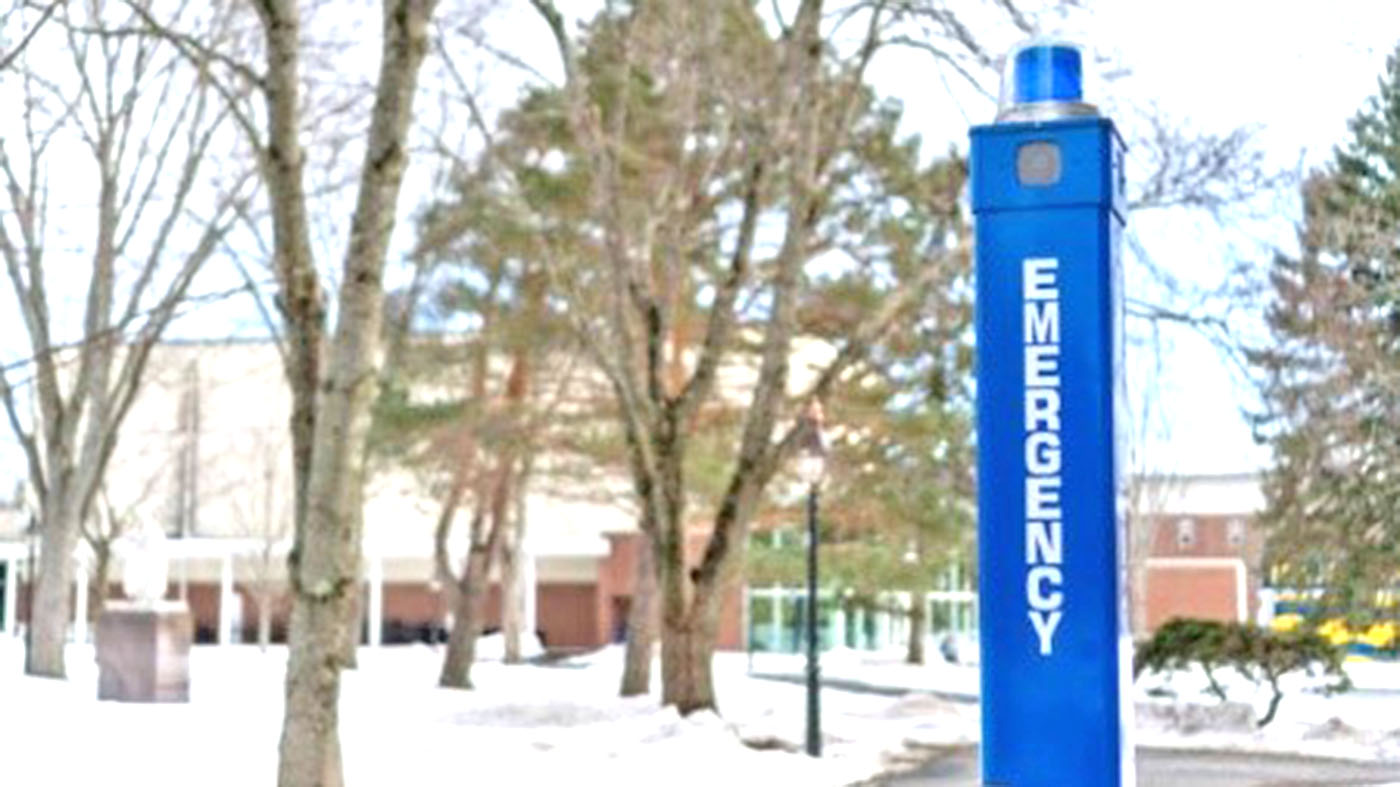Keith Baker’s heart was failing. Then his liver went. Then his kidneys.
It had taken only a few years for the once vibrant Army Veteran to find himself frail and bedridden.
Baker needed a triple organ transplant – a procedure so rare that U.S. doctors had performed just 24 in the last 30 years. But with two transplant requests denied, what he really needed was a miracle.
“The patient was critically ill,” said Dr. Joseph Stehlik, medical director of the Heart Transplant Program at the Salt Lake City VA and the University of Utah.
Pumped with drugs and tied to life-saving machines, Baker lingered in intensive care. Doctors allowed him a moment with his family.
“I knew that I probably didn’t have much time,” Baker said.
“The good lord had a miracle in store for me”
That was eight weeks ago.
The Yuma, Arizona, native had crisscrossed the country. Despite a slew of bad news, Baker remained undeterred.
“I was going to live through this thing one way or another. I’m going to keep on living as long as my body does,” he said.
In October, he got his miracle. A second liver biopsy showed Baker had a better chance of recovery, allowing his addition to the transplant waiting list.
Soon, a young man died. He was a match. Doctors rushed Baker to surgery. The event marked the first time the University of Utah Health attempted such a procedure.
But Baker didn’t need assurances. He had faith. “I’m a fairly religious person. I just knew the good lord had a miracle in store for me, which he did.”
For hours, experts labored to replace Baker’s heart and liver. After a short recovery and while he was still unconscious, they replaced his kidney.
Salt Lake City is one of five national VA heart transplant referral centers, Dr. Stehlik said. Granting Baker’s miracle took an army of coordination, he added.
It’s the first time VA funded a triple organ transplant. That’s good news for Baker, given the surgeries would’ve cost him hundreds of thousands of dollars.
“I had never felt this good… ever”
Baker was recently discharged. Now staying at a VA provided hotel, he’ll continue treatment until April.
His memory’s improved, he’s walking again, and he no longer needs to take naps to stay awake through the day. “It’s amazing,” he said. “I can’t believe how good I feel. I had never felt this good – ever.”
His recovery has impressed his doctors.
“Keith is a person with an incredibly positive attitude and a strong desire to live,” Stehlik said. “Seeing him recover so well makes us all extremely happy.”
Baker wrote the donor’s family thanking them for the gift of life. He said he wants to help people and donate his body to science. He said his care at the U was amazing and offered his thanks to VA.
“The VA are [my] champions. Without them, I would’ve died.”
T.S. Jarmusz is a public affairs specialist for the Salt Lake City VAMC. Photos courtesy the University of Utah Health.
Topics in this story
More Stories
Spinal cord stimulation implantation helps Veterans suffering from chronic pain improve their quality of life without narcotics.
After Addison’s Disease and lumbar spine surgery, nurse Veteran Gayle Smith re-learned how to ski. “You have more courage than you think.”
Follow these 10 winter safety tips to stay warm, safe and protected during the cold winter.








An interesting article, thank you for share it and God bless the Family